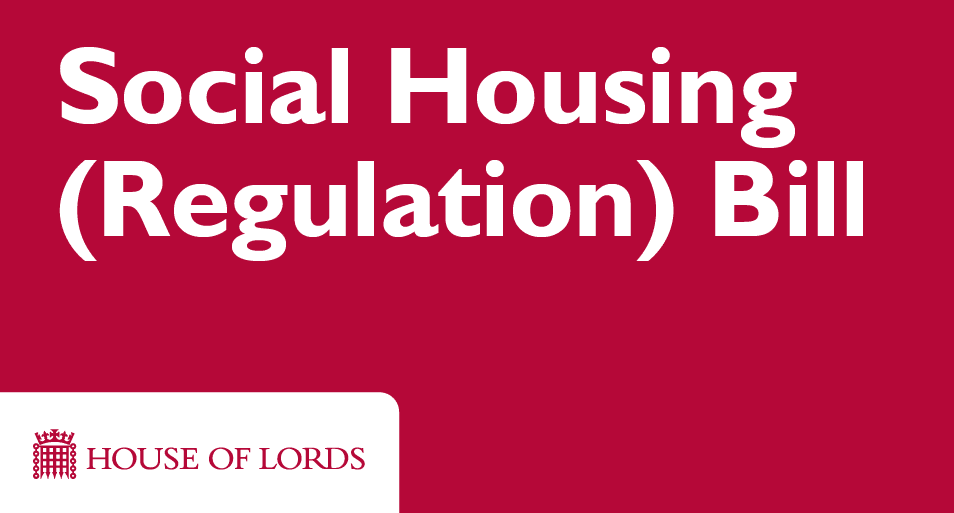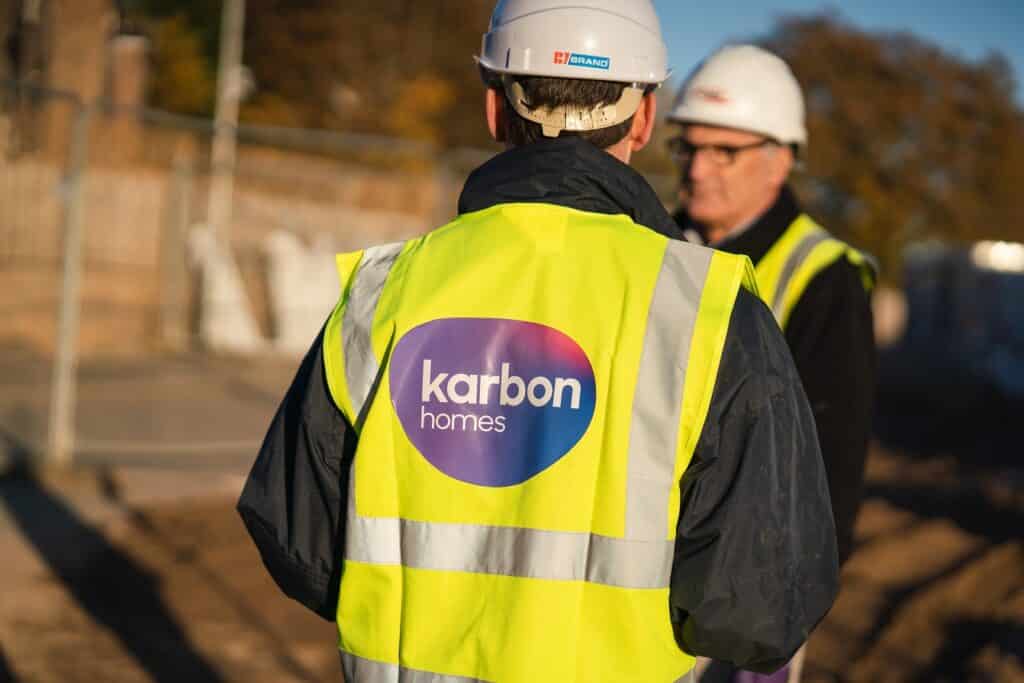Navigating the New Era of Social Housing Regulation with AI-Driven Repairs Management
The social housing sector is facing an unprecedented wave of regulatory reforms, with the Social Housing (Regulation) Act and Awaab’s Law setting the stage for a new era of accountability and quality assurance. For housing providers, this shift means navigating increased scrutiny and ensuring that repairs are not only completed promptly but also to a high standard. In this evolving landscape, the integration of AI-powered tools like Mobysoft’s RepairSense offers a transformative approach to repairs management, enabling providers to meet these challenges head-on.
Understanding the New Regulatory Landscape
The Social Housing (Regulation) Act, alongside Awaab’s Law, represents a significant tightening of regulations in the social housing sector. These laws were introduced in response to growing concerns over the living conditions within social housing, particularly following high-profile cases like that of Awaab Ishak, whose tragic death highlighted severe failures in dealing with damp and mould issues.
Under these new regulations, social housing providers are required to maintain higher standards across their housing stock, with a particular focus on timely and effective repairs.

What Does Awaab’s Law Propose?
In England, social landlords are already required by law to respond to hazards and maintain homes ‘fit for human habitation.’ However, Awaab’s Law aims to introduce specific timeframes for addressing reported hazards, aiming to prevent prolonged periods of neglect. The proposed timeframes include:
- 14 days to commence an investigation after receiving a report of a hazard.
- Seven days to take action to rectify a hazard.
- 24 hours to address emergency hazards that pose an immediate risk to health or safety.
Furthermore, landlords must consider the individual health conditions of tenants when evaluating the severity of hazards like damp and mould. Evidence from third parties, such as healthcare providers, must also be taken into account during hazard assessments.
Following an inspection, landlords are required to provide tenants with a comprehensive written report within two days, detailing the investigation, identified hazards, proposed solutions, and estimated completion times.
As a result, the emphasis for many social housing providers has switched towards proactive management, namely anticipating issues before they escalate and ensuring that any necessary repairs are completed swiftly to avoid any negative impact on tenants’ health and wellbeing. This shift places substantial pressure on housing providers, who must now find ways to manage repairs more efficiently while ensuring full compliance with these stricter regulatory standards.

Key Measures of the Social Housing Regulation Act
The Social Housing (regulation) Act is a far-reaching bill that aims to revise standards that social housing providers are held to across a number of areas. In terms of repairs and maintenance, the brings in the following measures:
- The Act mends the regulator’s objectives to explicitly include safety and requires landlords to nominate a designated person responsible for complying with health and safety standards
- The Act makes new provision for the introduction of new requirements for social housing landlords relating to electrical safety checks.
- Registered provider must also comply with all applicable health and safety legal requirements, for example, gas safety, fire safety and smoke alarms and carbon monoxide.
- The Act introduces greater protections for tenants against serious hazards such as damp and mould in homes (Awaab’s law). Social landlords will be required to investigate and fix reported hazards in their homes within a specified timeframe, or rehouse tenants where a home cannot be made safe.
The Role of AI and Data Analytics in Repairs Management
As the regulatory environment becomes more demanding, traditional approaches to repairs management are proving inadequate. Enter AI and data analytics – technologies that are reshaping how social housing providers approach maintenance and repairs. AI-driven platforms like Mobysoft’s RepairSense are at the forefront of this revolution, offering data-powered solutions that not only streamline repairs management but also enhance compliance and tenant satisfaction.
RepairSense leverages advanced algorithms and machine learning to predict repair needs, identify recurring issues, and optimise maintenance schedules. By analysing vast amounts of data – from historical repair records to repairs job notes – RepairSense can predict when and where repairs are likely to be needed, allowing housing providers to address potential problems before they develop into more significant issues.
This predictive capability is particularly crucial in the context of the new regulations. For instance, the system can identify patterns of incidences of damp and mould conditions (something that is now under intense scrutiny as a result of incoming legislation). By addressing such issues early, housing providers can avoid the risks of non-compliance and the associated penalties, all while ensuring a healthier living environment for tenants.

Case Studies: RepairSense in Action
Several housing associations have already begun reaping the benefits of RepairSense, using the platform to enhance their repairs management processes and ensure compliance with the latest regulations.
Karbon Homes: Reducing Repeat Repairs
Karbon Homes, one of the UK’s largest housing associations, partnered with Mobysoft to implement RepairSense across its four main trades areas: plumbing, heating, joinery, and electrical. The goal was ambitious—to reduce the number of repeat repair jobs by approximately 4,000 cases.
After a year of using RepairSense, Karbon Homes reported a reduction in repeat repairs to just 3,185 cases, representing a significant cost saving of £574,145. This achievement not only demonstrates the financial benefits of AI-driven repairs management but also underscores the platform’s ability to enhance operational efficiency and compliance in a challenging regulatory environment.
Greatwell Homes: Enhancing Compliance with Damp and Mould Management
Greatwell Homes, a prominent housing association in the Wellingborough and Northampton areas, faced the challenge of managing damp and mould across its 5,000 properties. Although they had robust processes in place, the reliance on human oversight left room for error, potentially leading to missed jobs and compliance risks.
By integrating Mobysoft’s RepairSense Damp & Mould Module, Greatwell Homes significantly improved its operational efficiency and compliance. According to James Norton, Repairs & Maintenance Manager at Greatwell Homes, the module introduced a “crucial safety net” by automatically verifying job completions against predefined rules, reducing the possibility of human error. The result was not only greater accuracy in repairs management but also enhanced confidence in their compliance efforts.
Preparing for the Future with AI-Driven Solutions
The social housing sector is at a crossroads. With regulatory requirements becoming increasingly stringent, housing providers must adapt to ensure compliance and maintain tenant satisfaction. AI-driven solutions like RepairSense offer a clear path forward, providing the tools needed to manage repairs more effectively and proactively.
As the industry continues to evolve, the integration of AI and data analytics will become not just a competitive advantage but a necessity. By embracing these technologies, housing providers can navigate the complexities of the new regulatory landscape, safeguard tenant well-being, and build a foundation for long-term success.
RepairSense is more than just a tool for managing repairs; it’s a solution for securing the future of social housing in an era where compliance and quality are paramount. To discover more about how RepairSense can help your organisation meet compliance obligations, head over to our dedicated microsite.
- Seasons Greetings from Mobysoft! - December 24, 2024
- Spotting the Silence: The Crucial Role of RepairSense in Social Housing Maintenance - November 19, 2024
- How Data-Driven Insights Can Improve Tenant Satisfaction in Temporary Accommodation - October 18, 2024